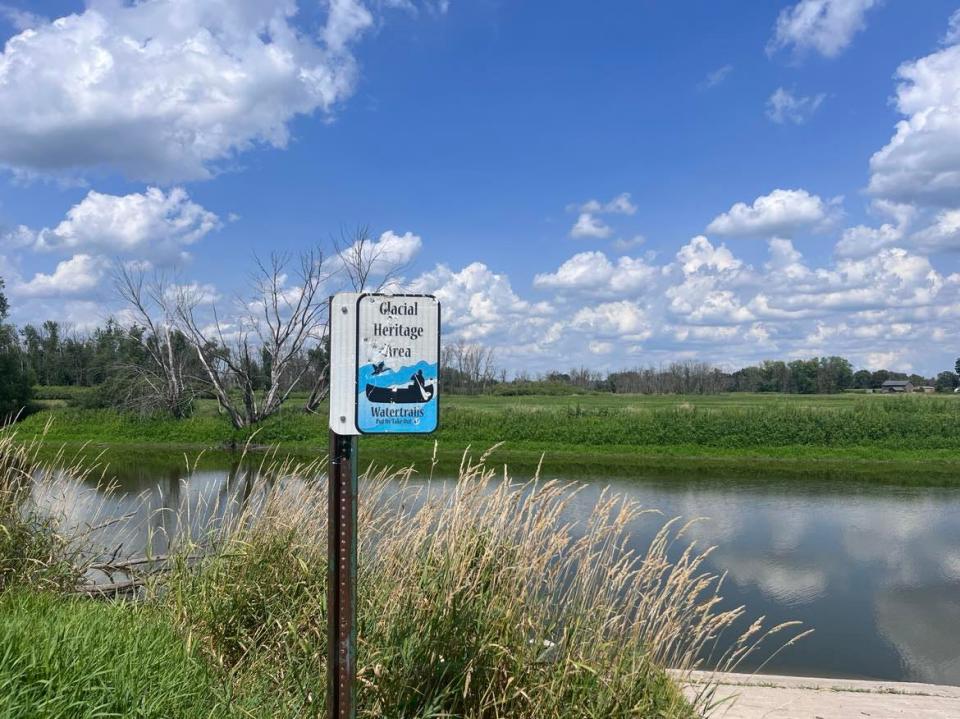Jefferson Co. lawsuit could limit access to flooded areas on rivers, lakes
MADISON - A southeastern Wisconsin man is seeking to limit access for boats on flooded lakes, rivers and streams after a stream of airboats damaged his property in Jefferson County.
Thomas Reiss, who owns property along the Rock River in Ixonia, is asking the court to better define how far public access extends when there is flooding along the river.
According to the complaint, airboat drivers have been using standing water that pools on Reiss' property after a heavy rain to travel over the property, leading to contentious situations. The airboats are powered by loud engines, and drivers often use them in the late evening and early morning hours, disturbing nearby residents.
More: Off-lake Maple Bluff residents victorious in case to reinstall a pier in Lake Mendota
The issue has been ongoing for at least the last three years, according to documents.
At the center of case is the public trust doctrine, which allows the public to recreate on accessible bodies of water, in addition to protecting water quality and aquatic habitats for all to enjoy. The access to and enjoyment of the water, however, ends at the bank, which belongs to the property owners.
But the Department of Natural Resources, which is responsible for enforcing the doctrine, has issued guidance that as long as recreators "keep their feet wet," they can recreate on rivers, streams or lakes even above the high water mark.

The delineation between accessible waters and private land is called the ordinary high water mark and is typically just the point where erosion and plant growth is clearly halted due to the typical water level, according to exhibit documents filed as a part of the case.
The lawsuit argues the DNR's ability to enforce the public trust doctrine does not extend past lakes, streams, sloughs, bayous and marsh outlets.
"Flooded yards do not fit into those categories," the complaint said.
A spokesperson for the DNR said the agency was unable to comment on the suit, and Reiss could not be reached for comment.
Laura Schulte can be reached at leschulte@jrn.com and on Twitter at @SchulteLaura.
THANK YOU: Subscribers' support makes this work possible. Help us share the knowledge by buying a gift subscription.
DOWNLOAD THE APP: Get the latest news, sports and more
This article originally appeared on Milwaukee Journal Sentinel: Lawsuit could limit access to high water on Wisconsin rivers and lakes

